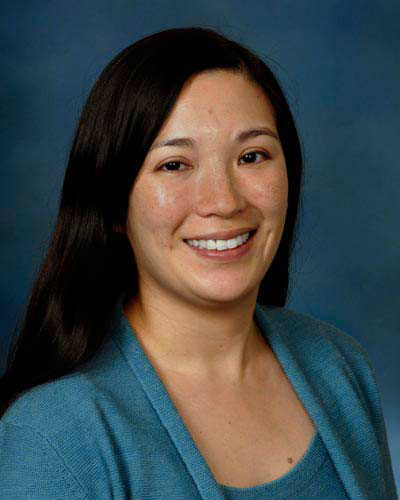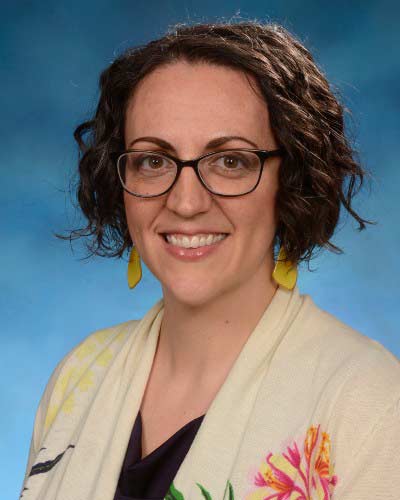The Immunology Unit within the Malaria Research Program studies the immune response to malaria infection and vaccination. Some challenges to studying the immune response to malaria include: (1) the Plasmodium parasite expresses thousands of proteins at different life cycle stages, many of which are uncharacterized, and (2) many of the proteins have extreme antigenic variation due to genetic polymorphisms.
We use high throughput arrays and other immune assays to identify immune responses that are associated with naturally acquired immunity and vaccine-induced protection. Our approaches allow us to discover new antigens, describe cross-reactivity across antigenic variants, and define specific epitopes (antibody binding sites) on the antigens that are most important to protective immune responses.
The unit is led by pediatric infectious disease physicians Dr. Andrea A. Berry and Dr. DeAnna Friedman-Klabanoff. Dr. Berry has explored novel insights about the antibody response to malaria, including the development of an unexpected antibody isotype (IgA) after malaria infection and the association of off-target malaria antibodies with protection after vaccination. Dr. Friedman-Klabanoff’s research focuses on malaria vaccine development and naturally acquired and vaccine-induced immunity to Plasmodium falciparum.


